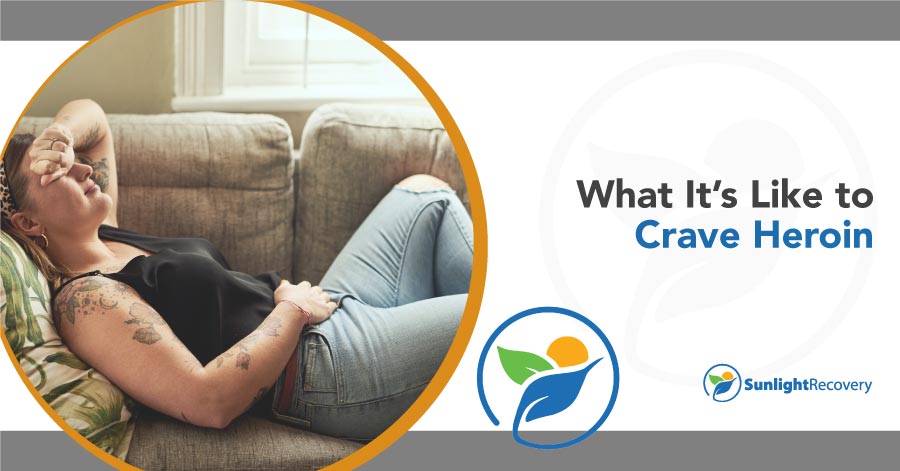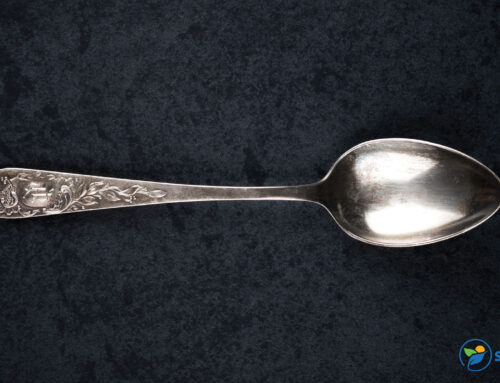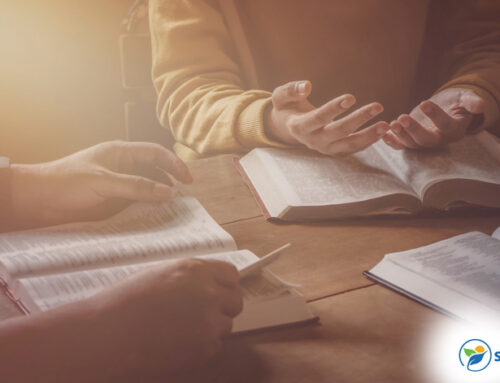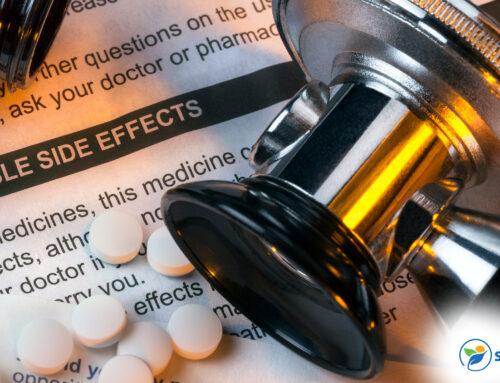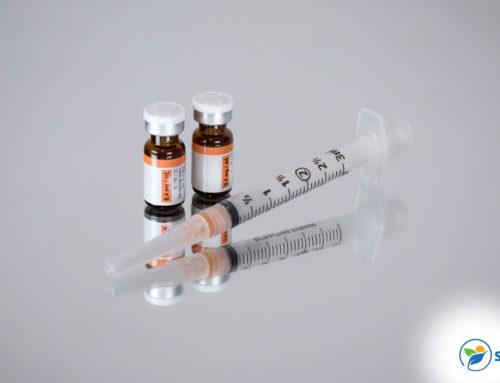Heroin cravings are some of the most intense feelings of dependence out there. Learn more about what it feels like to use and stop using heroin.
If you’ve never used heroin, it can be hard to understand why someone would sacrifice their job, time with loved ones and many other activities in favor of just one more hit. Do those with a heroin addiction love their families less? Is heroin more fulfilling than hobbies or time spent with friends? If you’ve ever wondered what heroin cravings and addiction feel like, one user compares the high to “kissing God,” while another compares the withdrawal to “having the flu really bad.”
When coming down into withdrawal, heroin cravings are complicated. The high is so pleasant that it’s something you might want without any other motivation, but heroin also causes withdrawal and cravings. You feel great when on the drug and extra-awful when not, which drives many users to repeat a cycle of use that can be life-destroying.
If you’re trying to empathize with someone who’s currently using or seeking to explain heroin cravings to someone who’s never tried opiates, keep reading for more information. We discuss what heroin use does, what heroin addiction feels like, how withdrawal affects users and why loved ones might fall back into using, even after a long time clean.
How the Drug Creates Dependence
Heroin, like other opiates, feels good when you take it. It links with specific proteins in brain cells and releases the same sense of pleasure you get from eating a good meal or a night of intimacy with a partner. Over time, you take more of the drug to keep feeling that same pleasure, but that leads to tolerance and dependence.
Tolerance is the increase in amounts of heroin you need to feel good again, while dependence is the need to keep taking heroin to avoid withdrawal symptoms. One former user described life with heroin as like being in a relationship, though a toxic one.
What Heroin Cravings Feel Like During Withdrawal
When you stop using heroin, you might get dope sick. Chills, fevers, depression, joint aches and other physical ailments are common. It’s pretty easy to understand why people want heroin to stop feeling sick, but taking another hit just restarts the cycle. When trying to detox, one person recalled their own symptoms, stating “that physical withdrawal is gonna be like nothing you have ever experienced.”
If you have an illness and know exactly what comes next and how to halt symptoms, wouldn’t you reach for the medicine? Unfortunately, heroin cravings don’t stop even after the physical symptoms subside. Long-term opiate use rewires your brain and makes it more likely you’ll reach for that crutch again.
Why People Might Start Using Again, Even After Sobriety
Using heroin regularly leads to dependence and addiction, but long-term use can also cause conditioning that’s hard to break permanently. Imagine a family ritual you’ve enjoyed since childhood. Maybe on Sundays you always have a big brunch with the family. Now, imagine you stop doing that for a while because of health reasons, but one day, someone invites you out to Sunday brunch. Nostalgia and warm feelings about that time can lead you to say yes, even when you should say no. The same pleasant feelings that bring you to occasionally have that extra cup of coffee or slice of cake can also lead you back into addiction.
When you use heroin for long periods, your brain starts to see being high as the new normal. When you aren’t high, you’re depressed, anxious, jittery and facing withdrawal. When your baseline for many months or years is adjusted by your heroin habit, feeling depressed might lead you back to that old toxic behavior for a quick pick-me-up. Physical pain can also be a major risk factor, along with the prescription opioids often offered to help. Below are Redditors talking about their experiences while on heroin and trying to clean up and live sober.
Testimonials
“It’s like a breakup after a toxic relationship where you both brought out the worst in each other. You both are obsessed and simultaneously hate the other person. The first few weeks it’s horrible. You still think you could get along if only … in reality, nothing would ever change, so you have to stay away, and it hurts really, really bad. And after a few months, you might still think of her every day, but the earliest of realizations start to set in … you kind of see now how bad it was and how bad YOU were. As time continues to roll and life goes on, you still think of her … but you don’t actively want her back.”
“[Withdrawal] lasts forever. I used to think nothing was worse than physical withdrawal, but that eventually goes away. The craving or psychological can go on for a lifetime. [It] becomes weaker though, I promise you that. The more you distance yourself, the more success you will have.”
“It is 100% true that when you’re totally addicted, ‘getting high’ usually amounts to getting you back to your normal state. You still got ‘high,’ but I actually acted more normal when I had gotten a fix than when I hadn’t.”
“A lot of us are incredibly smart, well-grounded and know exactly how [messed up] what we are doing is. For the most part, we are just trying to ‘escape’ from some sort of incredible trauma that we experienced and don’t really know an easier way to do that.”
“You can expect to be [on the toilet with diarrhea], freezing cold, yawning nonstop, drippy nose, muscles and bones feel like they’re breaking and spontaneously combusting, no sleep, severe depression and ideas of suicide … the list goes on.”
How Medical Detox and Inpatient Treatment Can Help You Handle Cravings
To effectively fight heroin cravings, inpatient treatment with a medical detox is often the best route. Long-term users can often benefit from substitution programs after getting over the immediate withdrawal. As one former opiate user recommends, “methadone/suboxone may be the best solution to help you resume a normal life and keep that monkey off your back. I have been on suboxone for 1.5 years. It works, if you take it.”
Get Help for Heroin Cravings
If you or a loved one is struggling with heroin cravings and seeking help with addiction, reach out to the empathetic counselors at Sunlight Recovery at (888) 402-3647. Talk about treatment options and schedule your intake visit today.


